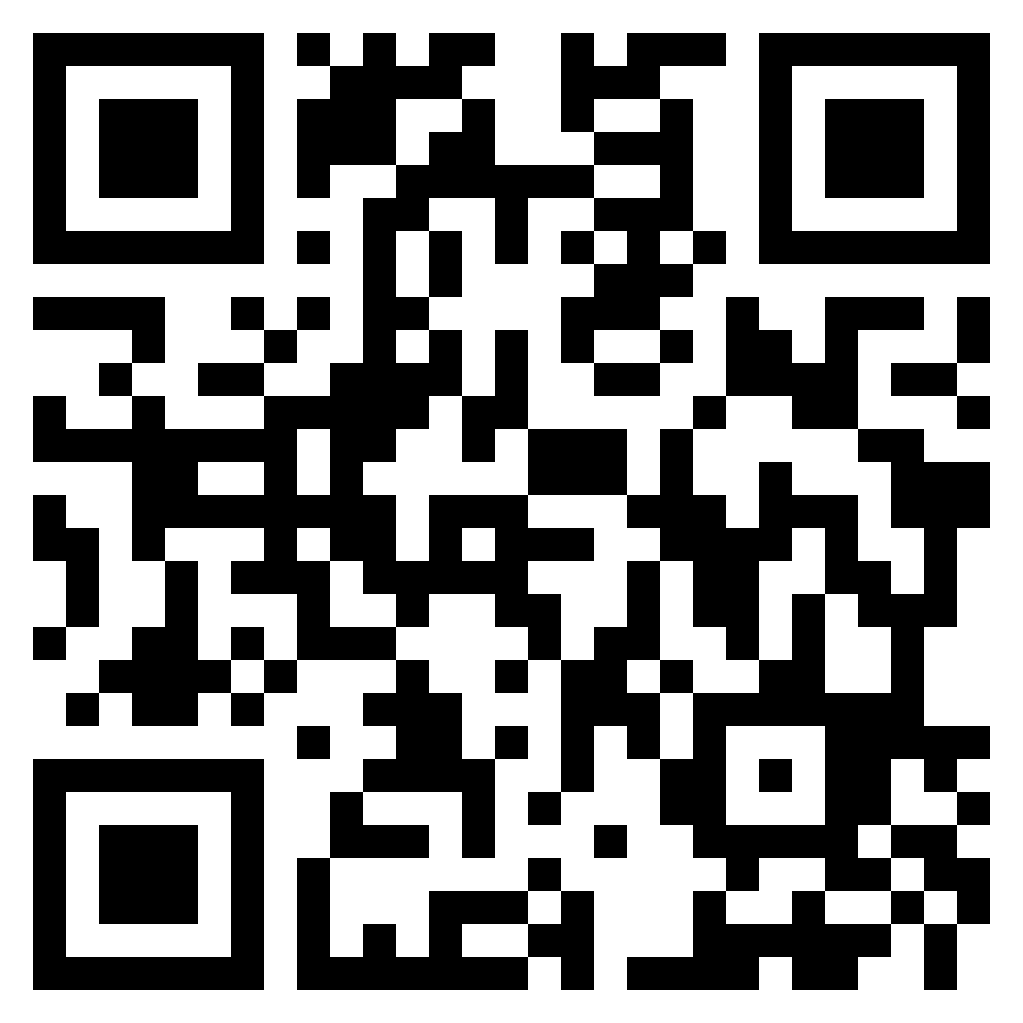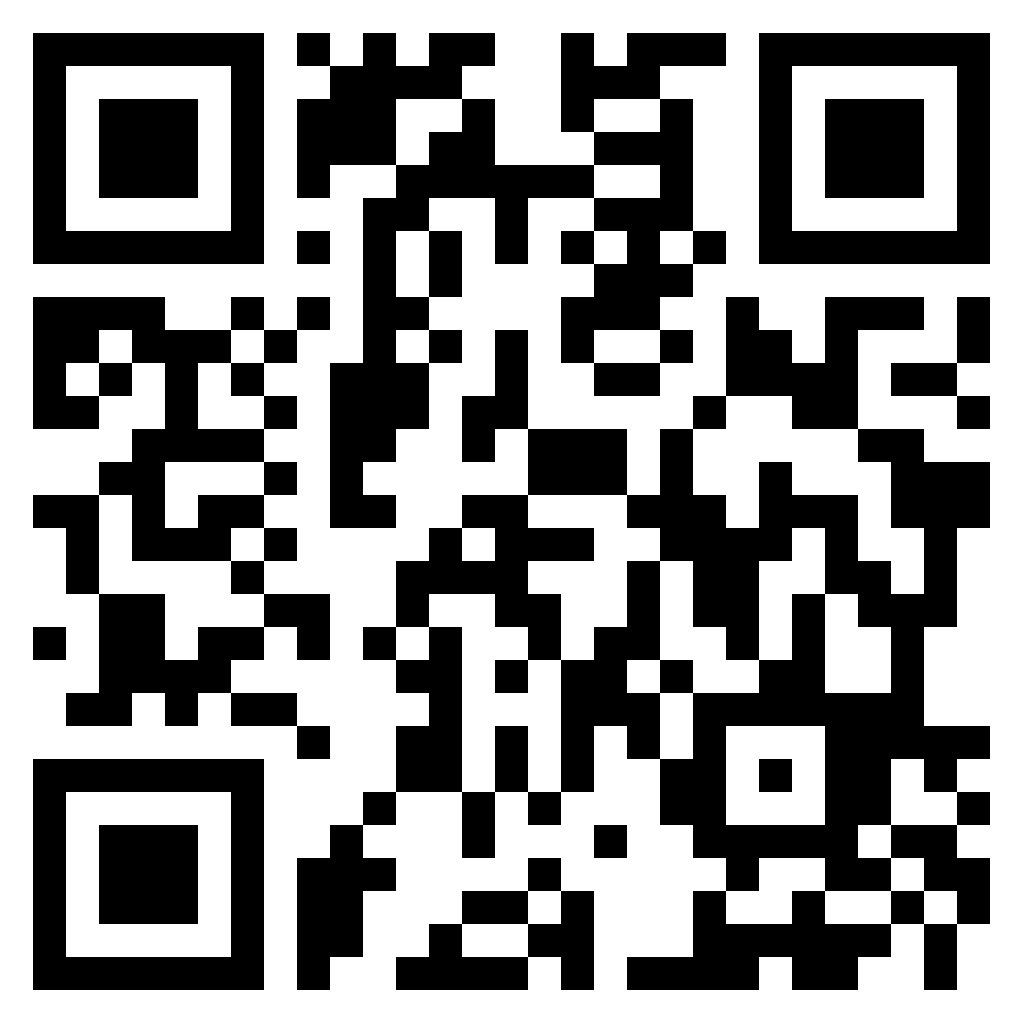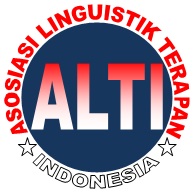Media and Students: How Different Generation of Culinary Art Students Responds to Virtual Safety Laboratory as Learning Media
DOI:
https://doi.org/10.46961/mediasi.v5i3.1425Abstract
Virtual laboratories are the latest learning media developed to support student learning. But unfortunately, data regarding its acceptance is not yet available. This research aims to examine how culinary arts students from different classes respond to the food safety virtual laboratory as a learning medium. Method used was a questionnaire using a level 5 Likert scale. Data collected was analyzed with the Single Tail T Test using Excel program. Student responses analyzed were in the form of readability, visual appearance, comfort, and material taught through learning media. From the analysis carried out, it is known that all students gave positive response to virtual food safety laboratory as a learning medium. It was found that early generation students responded much better with a score of 4.25±0.66 compared to final generation students with a score of 4.00±0.00 out of 5.00. Generation significantly influences students' responses to virtual laboratories as a learning medium.
Downloads
Published
How to Cite
Issue
Section
Citation Check
License
Copyright (c) 2024 Rr. Christiana Mayang Anggraeni Stj, Dimas Bayu Pinandoyo

This work is licensed under a Creative Commons Attribution-NonCommercial 4.0 International License.
You are free to:
- Share — copy and redistribute the material in any medium or format for any purpose, even commercially.
- Adapt — remix, transform, and build upon the material for any purpose, even commercially.
- The licensor cannot revoke these freedoms as long as you follow the license terms.















